Every weekday at 7:30 AM, Tom Baker turns his key and waits. And waits. His 2018 Honda Civic cranks reluctantly to life, sounding like it's struggling against some invisible force.
"I know this car in and out," Tom tells his wife confidently, "it always starts eventually." But what Tom doesn't realize is that his faithful Honda is sending him a $2,000 warning.
Here's the truth that'll shake every car owner: that sluggish morning start isn't character building for your engine. It's your vehicle's distress signal. Professional mechanics see this pattern daily, cars that hesitate during morning startups eventually land in repair bays with blown starters, failing alternators, or worse, internal engine damage that costs thousands to fix.
The Morning Crank That Costs You Money
When your car struggles to turn over in the morning, you're witnessing the automotive equivalent of a stressed heart. Your engine management systems are working overtime to compensate for failing components. This extra strain creates a domino effect that accelerates wear across multiple expensive systems.
Take battery performance, for instance. Cold temperatures reduce battery capacity by up to 30%, according to automotive research. A healthy battery handles this reduction without breaking a sweat. But a deteriorating battery? It forces your alternator to work harder, strains your starter motor, and creates voltage fluctuations that can damage sensitive electronic components.
The numbers are sobering. Modern alternator replacements average $630 to $820, while starter motor repairs run $400 to $1,500. These aren't small bills - they're car payment-sized expenses that could have been prevented.
Your Fuel System's Silent Scream
Morning starting problems often originate in your fuel delivery system, where issues multiply like compound interest. A weak fuel pump struggles to build proper pressure during cold starts, forcing it to work harder and wear faster. This creates a vicious cycle where each difficult start damages the pump further.
"One of the most common causes is a weak fuel pump. If your fuel pump isn't delivering enough pressure, your engine won't receive the proper amount of fuel, leading to a longer crank time," explains automotive specialists at. Fuel pump replacements typically cost $400 to $600, not including the diagnostic time required to identify the root cause.
Clogged fuel injectors compound the problem by creating uneven fuel delivery. Your engine compensates by running rich or lean, which damages oxygen sensors, catalytic converters, and spark plugs. What starts as a minor morning inconvenience spirals into a $1,200 repair bill faster than you'd imagine.
The Oil Viscosity Trap
Here's something that surprises most car owners: your oil choice directly impacts morning starting difficulty and long term engine health. In cold temperatures, motor oil thickens dramatically, creating additional resistance that your starter motor must overcome.
Think of it like this, trying to stir honey versus water. Your starter motor burns more amperage fighting thick oil, which accelerates wear on electrical contacts and internal components. Meanwhile, the extra cranking time allows unburned fuel to wash oil from cylinder walls, increasing engine wear during those crucial first seconds of operation.
The solution seems simple, use the correct oil viscosity for your climate. But many drivers ignore manufacturer recommendations or extend oil change intervals too far. This seemingly minor oversight transforms into major engine problems that cost $3,000 to $5,000 to repair.
Electrical System Cascade Failures
Your car's electrical system operates like a carefully balanced ecosystem. When one component struggles, others must compensate, creating stress throughout the entire network. Morning starting problems often indicate this delicate balance is failing.
Corroded battery terminals create resistance that forces your alternator to produce higher voltage to maintain proper charging. This excess voltage damages sensitive electronic modules, including engine control units that cost $800 to $1,200 to replace. Meanwhile, the struggling starter motor draws excessive current, creating heat that breaks down internal windings and leads to complete failure.
Professional mechanics recognize these patterns immediately. They know that cars with persistent morning starting issues will return within six months for major electrical repairs. The smart money says fix the root cause now rather than pay for cascade failures later.
The Temperature Truth
Cold weather doesn't cause starting problems but it reveals them. Healthy vehicles start reliably at temperatures well below freezing. When your car struggles in moderate cold, you're seeing advanced warning of component failure.
Battery chemical reactions slow in cold weather, reducing available power. But a properly functioning charging system compensates by maintaining higher charge levels during operation. Fuel systems include cold-start enrichment programs that adjust delivery automatically. Ignition systems advance timing to ensure reliable combustion.
When these systems fail, your morning commute becomes a gamble. "My car always starts," becomes "I hope my car starts," and eventually becomes “I need a tow truck.”
Prevention Pays Better Than Repairs
Smart car owners treat morning starting hesitation like chest pain, seriously and immediately. A comprehensive inspection addressing battery condition, charging system performance, fuel pressure, and ignition timing typically costs $150 to $200. Compare that to the $2,000+ repair bills that follow neglect.
Regular maintenance prevents the cascade failures that transform minor issues into major expenses. Battery testing every two years, fuel system cleaning every 30,000 miles, and proper oil service intervals keep your morning starts crisp and your repair bills manageable.
Your car isn't trying to inconvenience you with sluggish morning starts, it's trying to save you money by providing advance warning of expensive failures. Listen to what it's telling you, because the alternative is opening your wallet much wider than necessary.
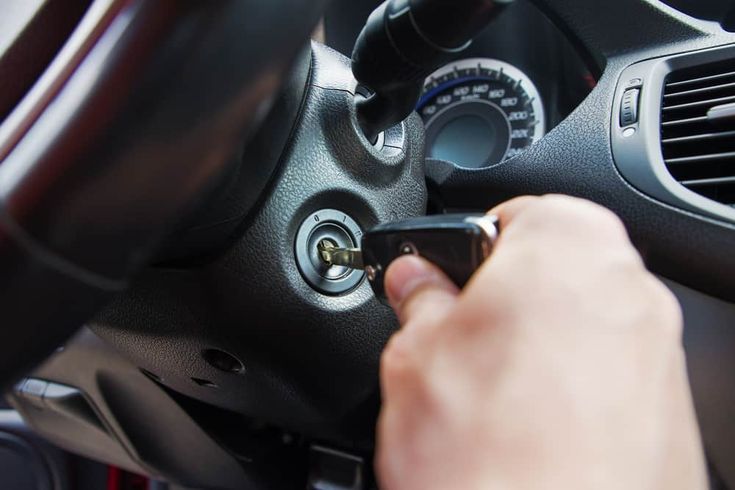
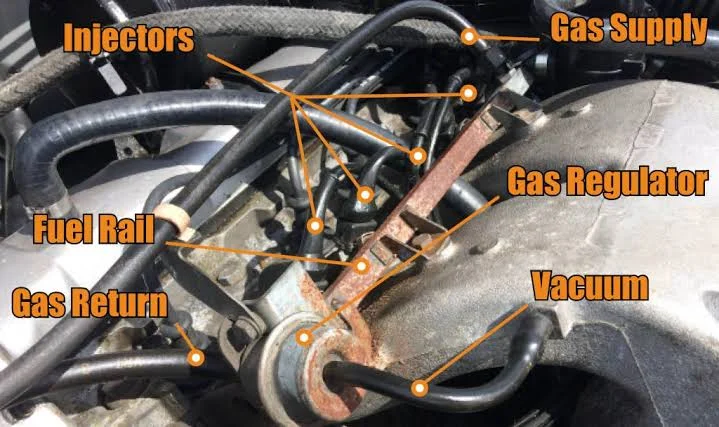
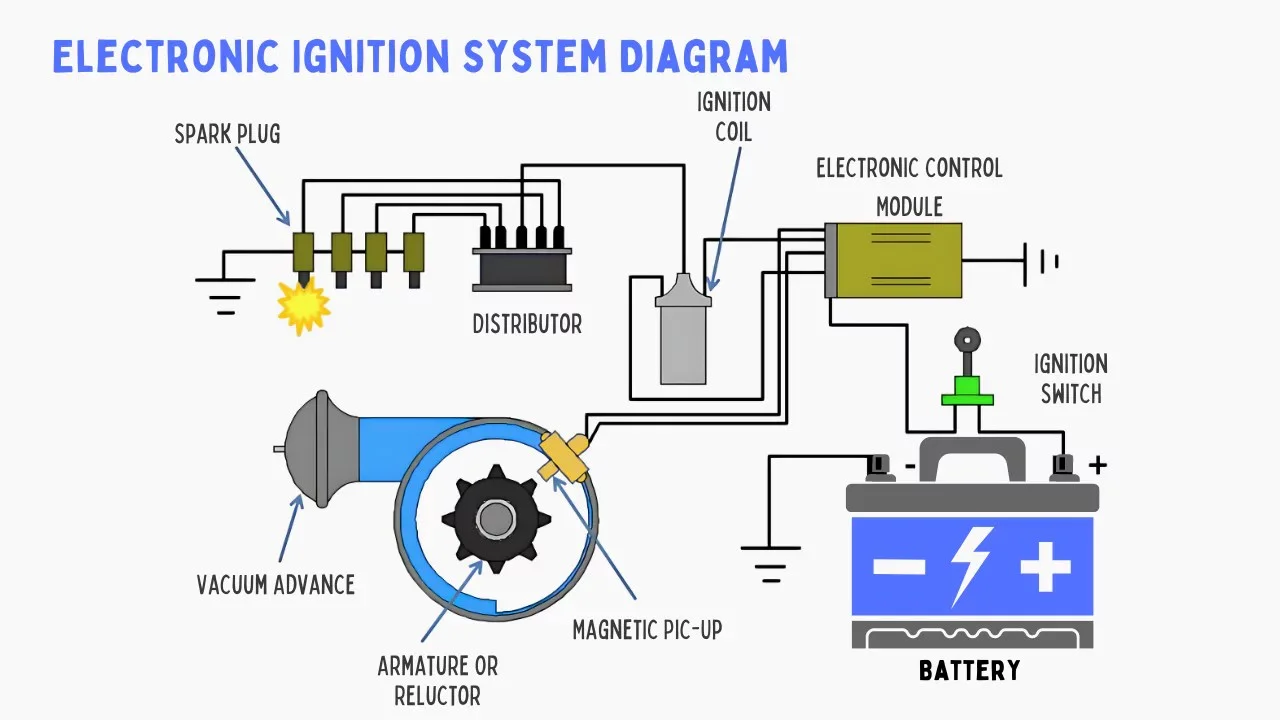
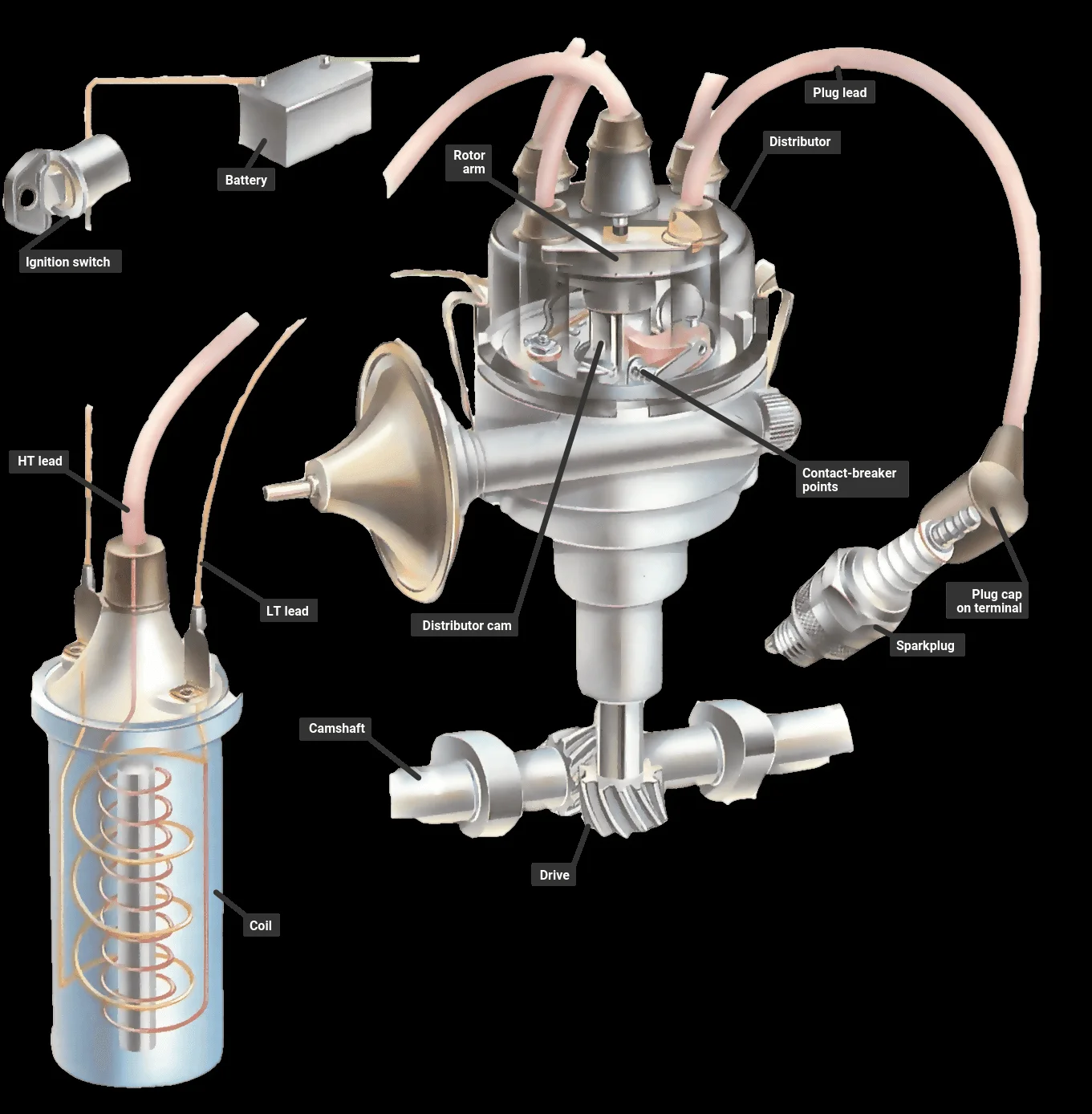
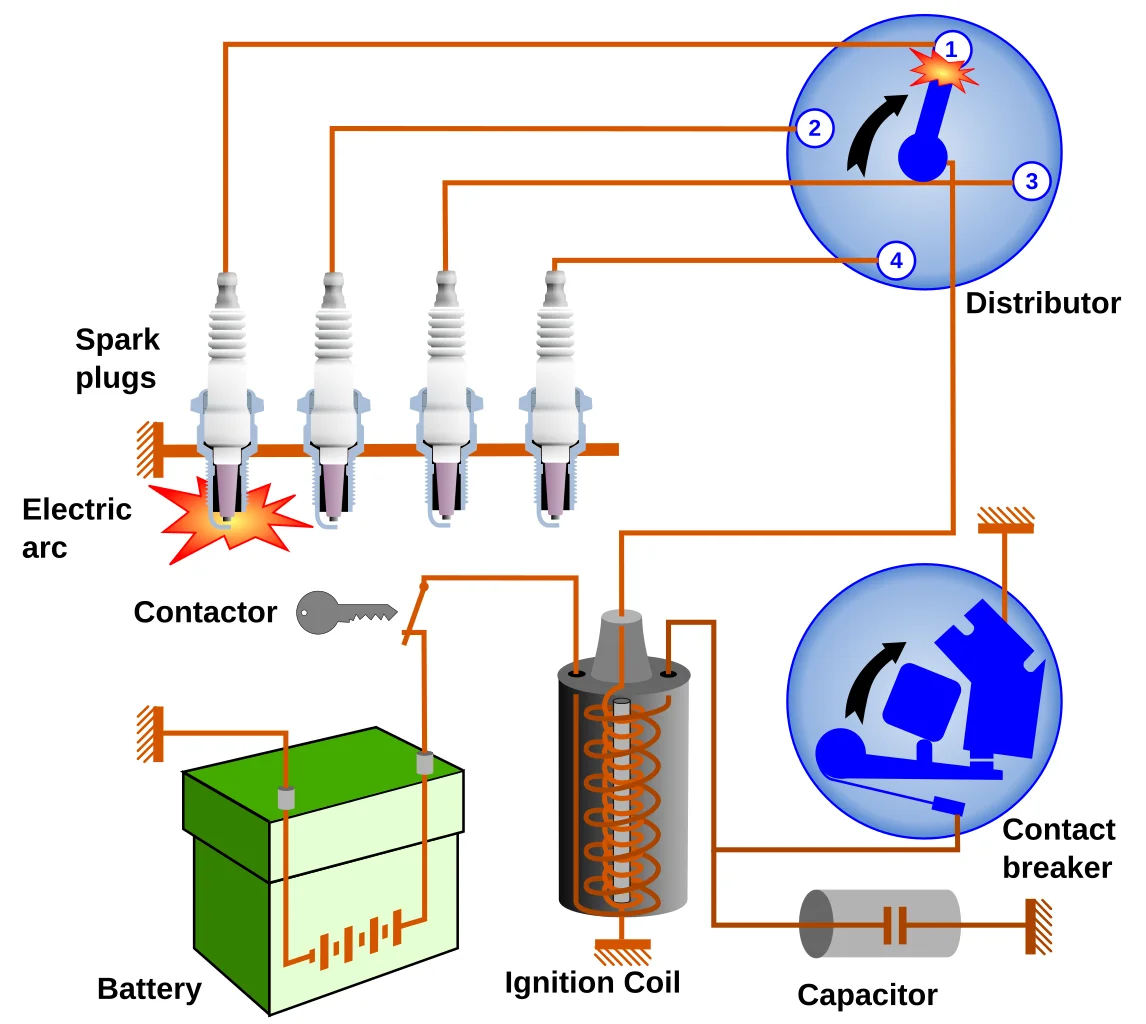
Comments (0)
Please login to join the discussion
Be the first to comment on this article!
Share your thoughts and start the discussion